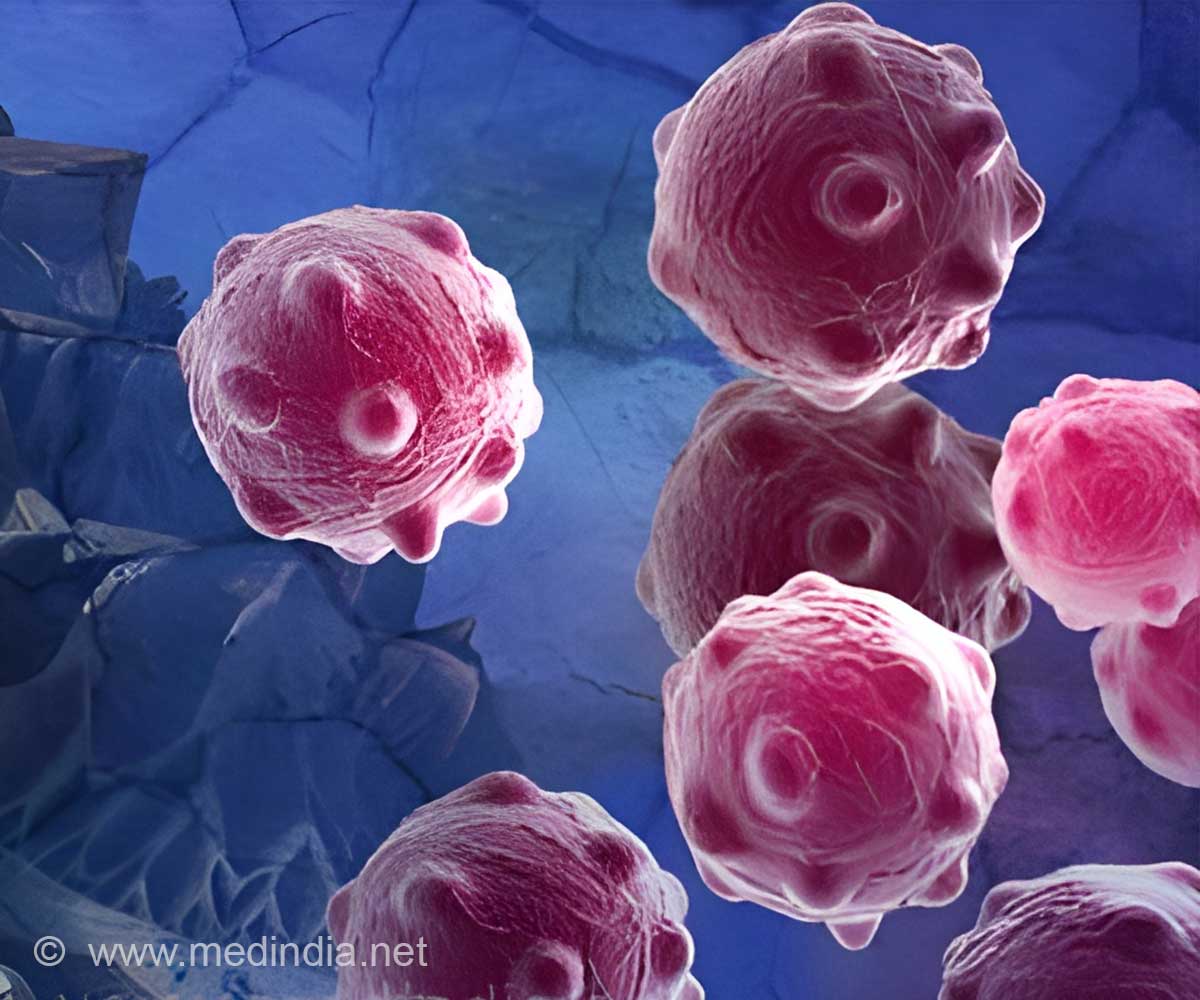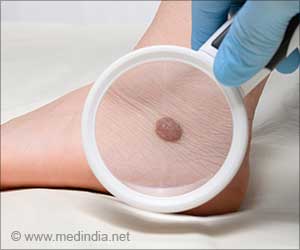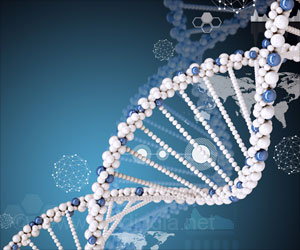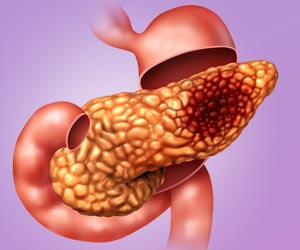New research showed that both dietary fiber and probiotic use impact the gut microbiome of skin cancer patients and influence the treatment outcome.

‘A targeted diet change at the start of immunotherapy can improve the outcome for melanoma (skin cancer) patients.’





One of the most aggressive cancers, melanoma kills by metastasizing or spreading, to other organs such as the liver, lungs, and brain.The new study focuses on a therapeutic technique called immune checkpoint blockade, often referred to by its initials of ICB, which has revolutionized the treatment of melanoma, and cancer in general.
ICB therapy relies on inhibitor drugs that block proteins called checkpoints that are produced by certain immune system cells – T cells, for example – and also by some cancer cells.
Checkpoints help prevent immune responses from being too strong, but sometimes that means keeping T cells from killing cancer cells. Thus, when the checkpoints are blocked, T cells can do a better job of killing cancer cells.
“ICB has been a game-changer in cancer therapy, and the influence of the gut microbiome on therapeutic response has been demonstrated in numerous studies, in preclinical models, and also in research involving human cohorts,” Morgun said.
Advertisement
It has remained unclear whether dietary fiber intake and the use of commercially available probiotics affect immunotherapy response in cancer patients.
Most of the patients were being treated via ICB, typically a type known as anti-programmed cell death protein therapy, abbreviated to anti-PD-1.
A parallel study involving mice implanted with tumors was also conducted and found that the mouse model generated similar results.
In the human, higher dietary fiber intake was associated with disease non-progression among patients on ICB and the most pronounced benefits were found in patients with strong dietary fiber intake and no probiotic use.
These results support the idea that anti-tumor immunity is strongest with a high-fiber diet and no probiotics.
To help make sense of microbiome complexity, researchers invented a computer modeling technique known as transkingdom network analysis.
The model determines how interactions among specific types of gut microbes help or hinder biological functions in the host. In this case, the microbial interactions involved how well the host responds to immune checkpoint blockade.
It also showed a family of bacteria, Ruminococcaceae, among the organisms increased by the high-fiber diet in mice, and the same bacteria were found in the current study involving humans.
Though the findings suggest that some commercially available probiotics may be harmful to patients on ICB, more research is needed to determine which probiotics could be beneficial.
Source-Medindia















